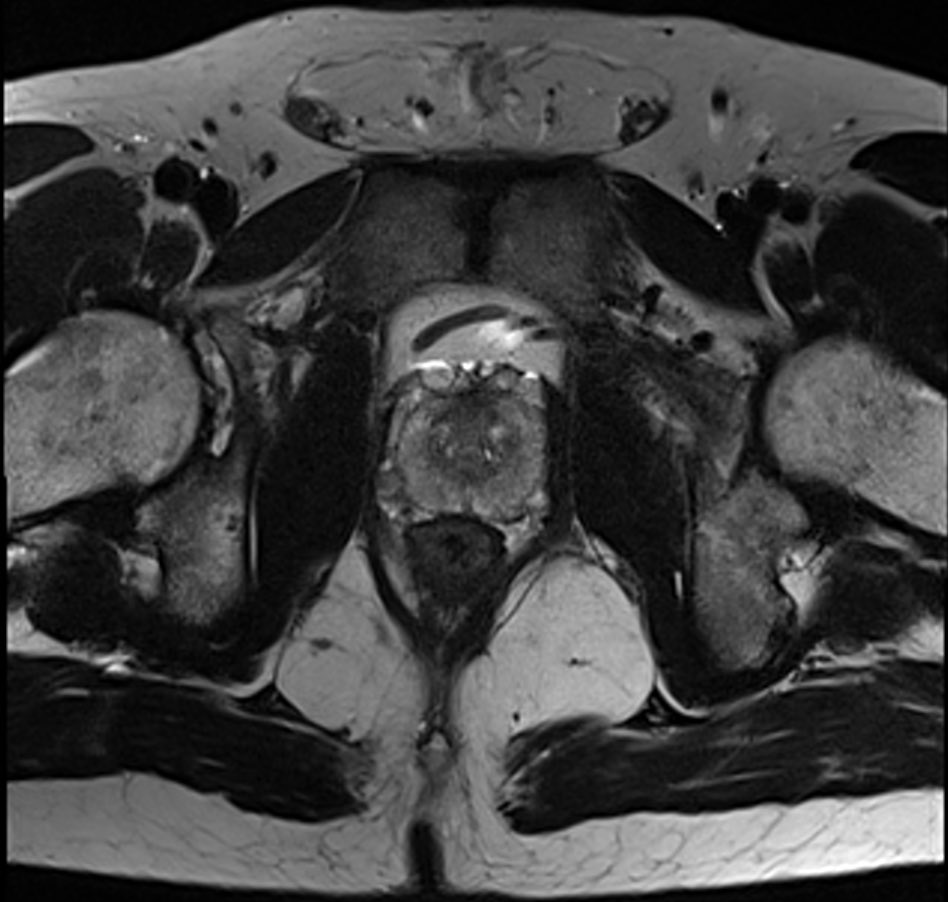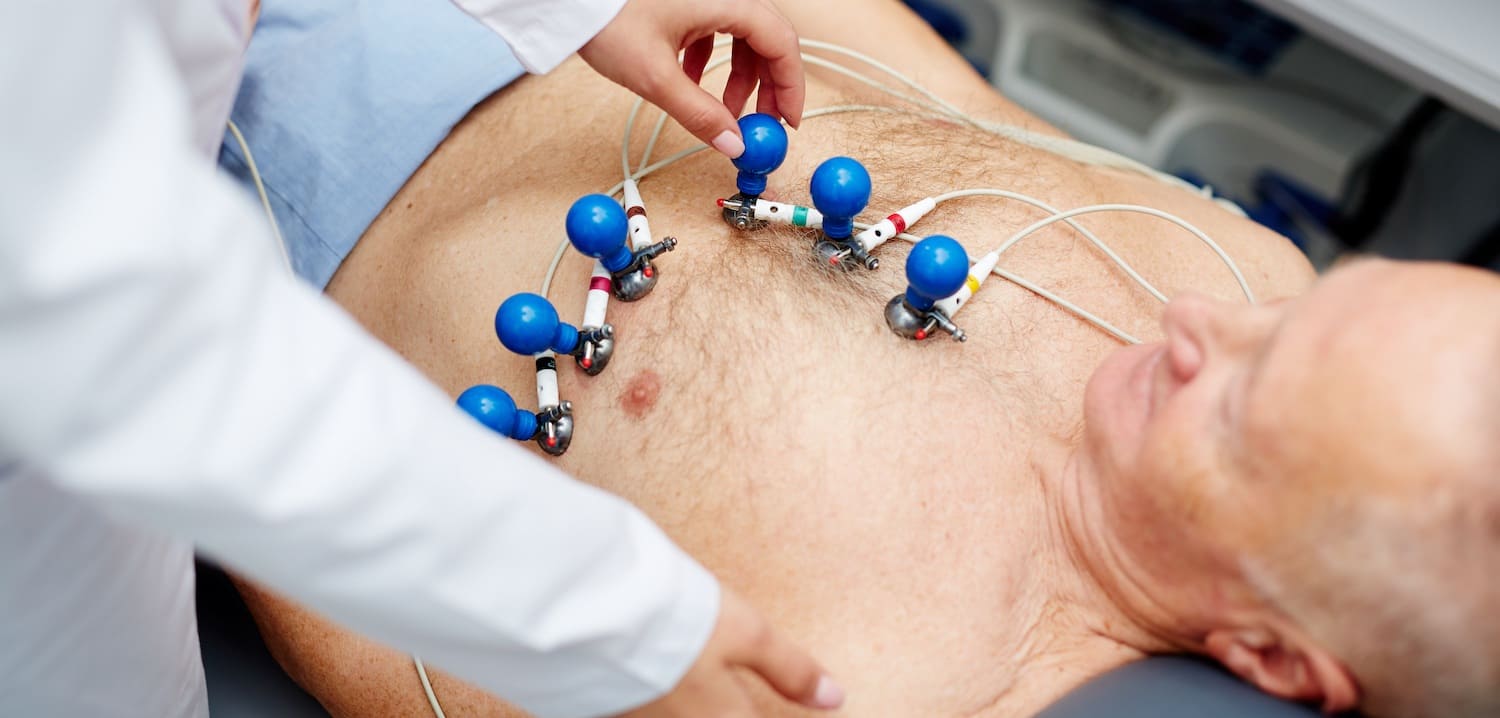Posts by tag
prostate cancer
New prostate cancer blood test combining PSA with epigenetic test could reduce biopsies
A non-invasive prostate cancer combination test has been shown to have a positive predictive value of 93%*, meaning that out of 100 patients testing positive for prostate cancer 93 will truly have the condition. The study, published in the journal…
Tackling drug resistance: how our commensal bacteria can hinder or help
Response to therapeutics can differ widely from patient to patient, with some gaining highly significant survival benefits from a therapy that in others elicits no response at all. Patients who respond initially often develop resistance or relapse over time. Not…
Low risk prostate cancer: real-world data reveals high rates of switching from surveillance to treatment
Over half of men initially managed with active surveillance (AS) for ‘low risk’ prostate cancer switch within four years to definitive treatments (e.g., surgery or radiation therapy). The Canadian study, published in Urology, (20 August) provides real-world data on uptake…
Wake-up call to offer equal access to life-prolonging treatments in metastatic prostate cancer
Less than one third of men with metastatic castration-sensitive prostate cancer (mCSPC) received established treatment intensification by 2018 that had been demonstrated to extend survival. The US study evaluating real-world utilization of advanced therapies, abstract 5073, released in advance of…
Study suggests tackling loneliness could help reduce cancer in middle-aged men
Loneliness among middle-aged men is associated with increased risks of developing cancer. The longitudinal Finnish study, published in the May issue of Psychiatry Research, additionally found mortality was higher among male cancer patients who were unmarried, widowed or divorced than…
PSA population screening is back in favour: here’s why
Five years ago, the idea of national screening programmes for prostate cancer had gone cold. The benefits of PSA (prostate specific antigen) blood testing, introduced as a screening tool in the 1980s, had long been fiercely debated. But by 2015…
Study brings mass biparametric MRI screening for prostate cancer a step closer
Using biparametric (bp) magnetic resonance imaging (MRI) to screen for prostate cancer identified twice as many clinically significant cancers as standard prostate-specific antigen (PSA) tests. Moreover, the UK study, reported in JAMA Oncology (11 February), found bpMRI improved detection of…
Coffee may protect against prostate cancer
Drinking several cups of coffee every day may be linked to a lower risk of developing prostate cancer. The meta-analysis study, published in BMJ Open, (11 January) found that each additional daily cup of coffee was associated with a 1%…
Berlin pilot project brings precision care to the peripheries
A decade ago, men with metastatic prostate cancer could typically expect to live two to three years. The arrival of new hormone drugs such as abiraterone radically changed the odds, and the equation is now changing every day, as trials…
Prolonged ADT use in prostate cancer increases CV mortality: A need for cardiovascular protection
Prolonged androgen deprivation therapy (ADT) exposure was found to be associated with reduced cardiorespiratory fitness (CRF) and increased cardiovascular (CV) mortality. The study, published in JACC: CardioOncology, emphasizes the need to consider CV surveillance and risk modification for men both…










